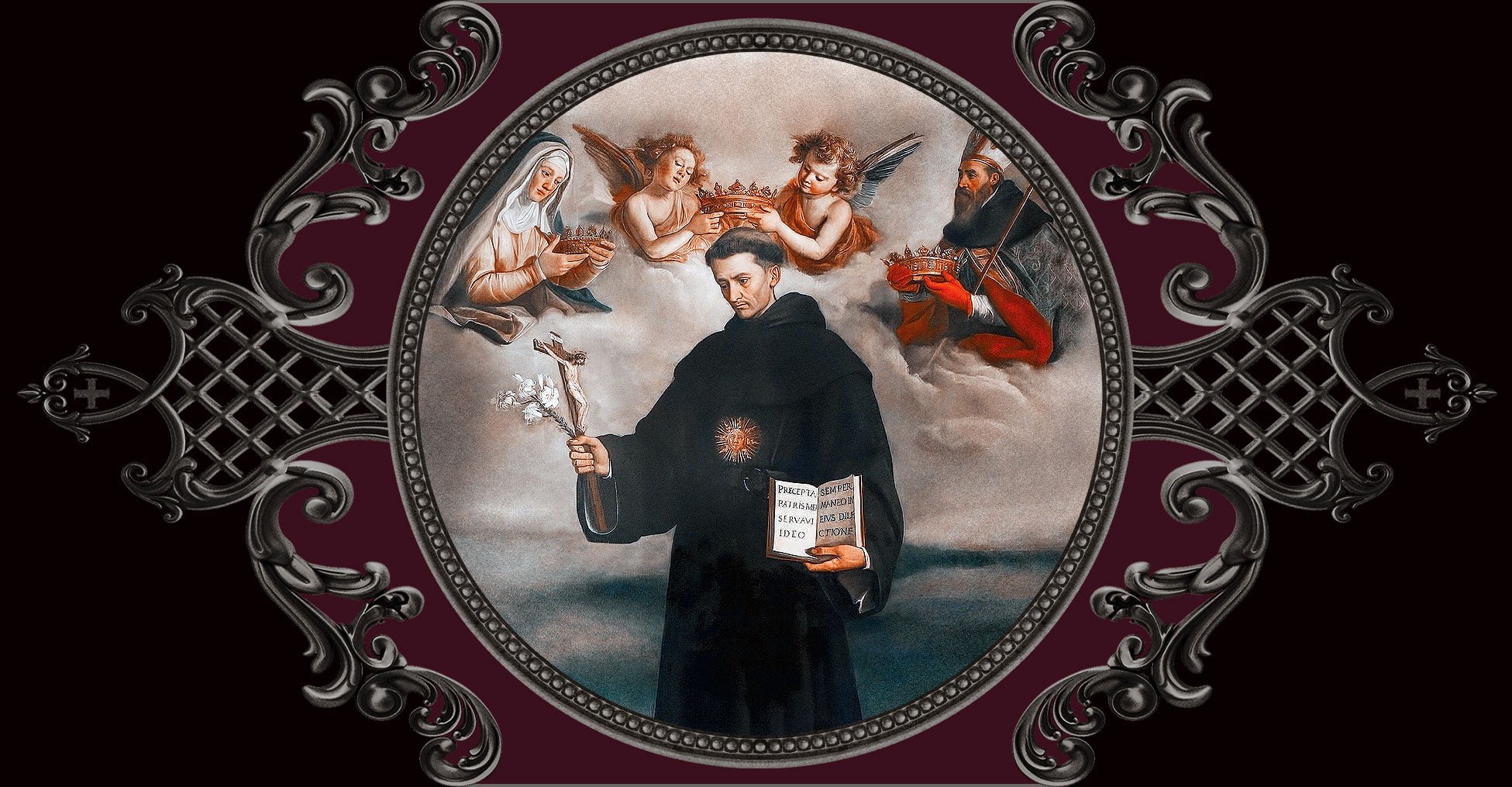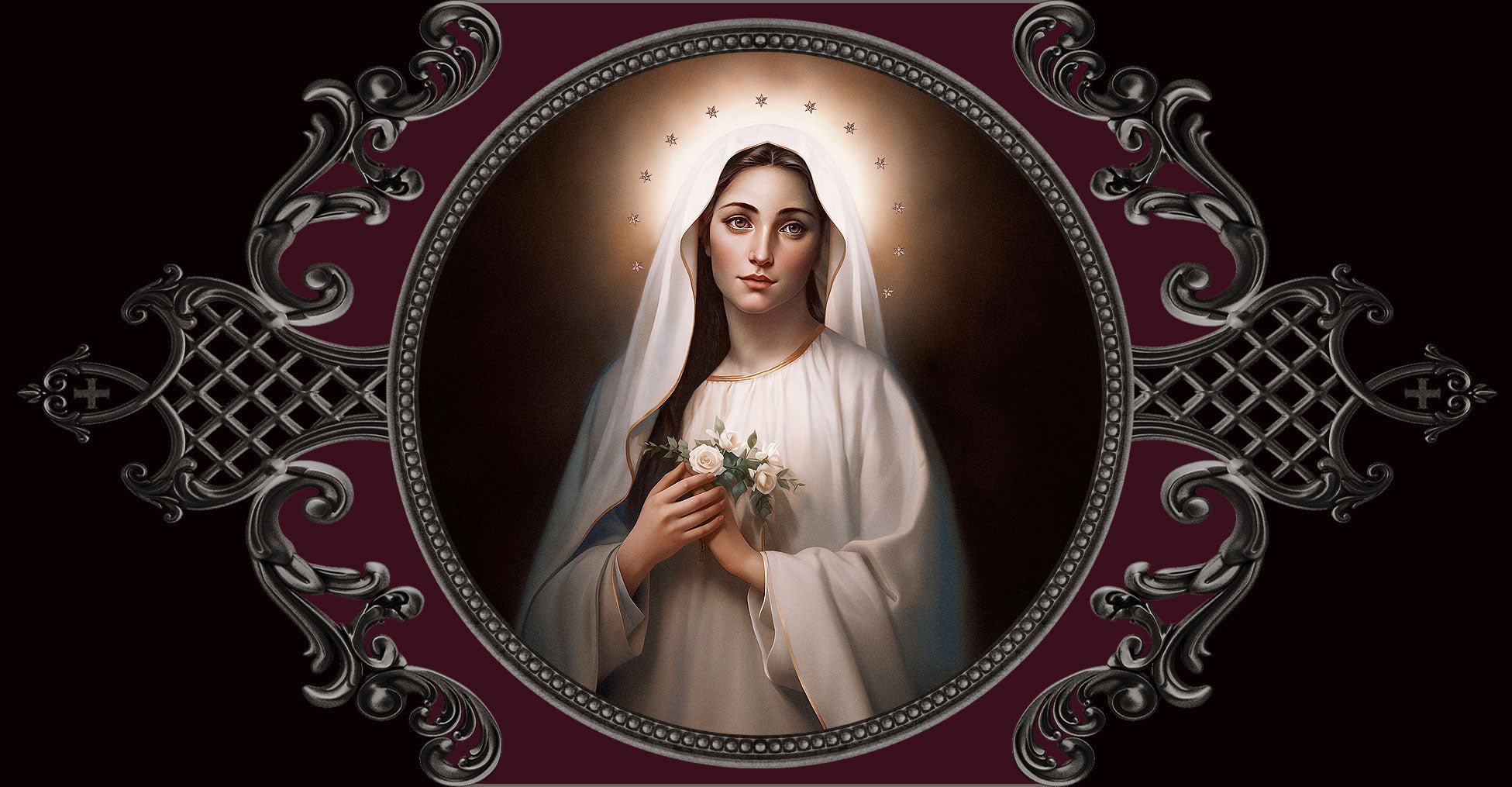
September 10 + Saint Nicholas of Tolentino
Nicholas was born as an answer to his mother's prayers. Childless and middle aged, she had made a pilgrimage with her husband to the shrine of St. Nicholas of Myra to ask for a son whom she promised to dedicate to God's service. When her prayer was granted, she named the boy Nicholas and he soon gave unusual signs of saintliness.
At seven years of age, Nicholas would hide away in a nearby cave and pray there like the hermits whom he had observed in the mountains. As soon as he was old enough, he was received into the Order of Augustinian friars. On account of his kind and gentle manner his superiors entrusted him with the daily feeding of the poor at the monastery gates.
He was ordained in 1271 and said his first Mass with exceptional fervor; thereafter, whenever he celebrated the holy Mystery he seemed aglow with the fire of his love. His preaching, instructions and work in the confessional brought about numerous conversions, and his many miracles were responsible for more, yet he was careful not to take any credit for these miracles. "Say nothing of this," he would insist, "give thanks to God, not to me. I am only a vessel of clay, a poor sinner."
Nicholas spent the last thirty years of his life in Tolentino, where the Guelfs and the Ghibellines were in constant strife. He saw only one remedy to the violence: street preaching, and the success of this apostolic work was astounding. "He spoke of the things of heaven," says his biographer St. Antonine. "Sweetly he preached the divine word, and the words that came from his lips fell like flames of fire. Among his hearers could be seen the tears and heard the sighs of people detesting their sins and repenting of their past lives."
During the last years of his life, Nicholas was bedridden and suffered grievously. He died surrounded by his community. In 1345 a lay Brother cut off the arms of his body intending to take them to Germany as relics, and the friars then hid his body to prevent further attempts of this kind. It has not been found to this day, but his arms have been preserved. It is recorded that they have bled on several occasions, usually, it is said, before some calamity that befell the Church or the world.



Leave a comment
This site is protected by hCaptcha and the hCaptcha Privacy Policy and Terms of Service apply.